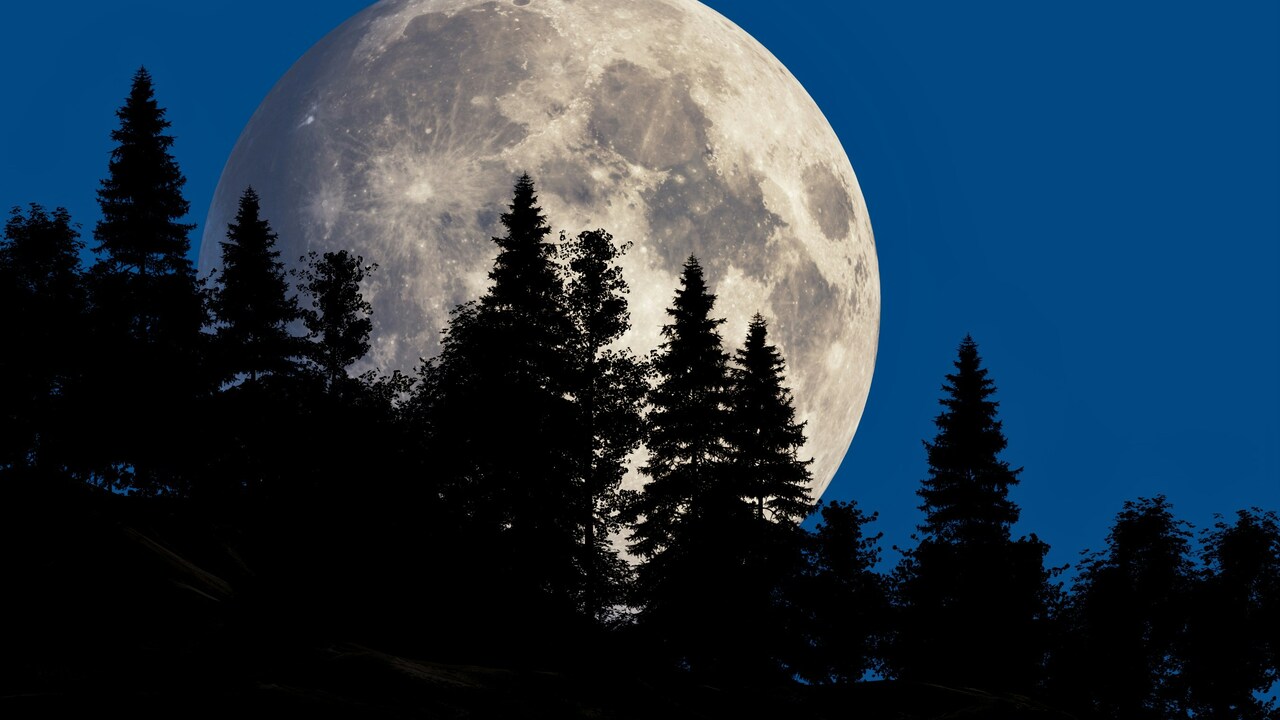Russian and Chinese astronomers have developed plans to build two lunar ultraviolet telescopes that would constantly monitor the sky from the Moon’s surface. Andrei Shugarov from the Institute of Astronomy of the Russian Academy of Sciences, XV. At the Moscow Solar System Research Symposium, he announced that these telescopes will be part of cooperation between Russia and China in the field of lunar research. He emphasized that scientists are ready to present two concepts that can be sent to the Earth’s satellite within the scope of the ILRS-5 mission.
The initial concept involves the creation of a telescope with a 60-centimeter mirror capable of observing in the ultraviolet, visible and infrared ranges. The second concept is a wide-field ultraviolet telescope that can cover a quarter of the night sky by combining images from multiple modules. Both telescopes will be equipped with a variety of scientific instruments that will allow monitoring not only solar events but also distant exoplanets or supernova explosions.
Shugarov added that his goal is to create compact and inexpensive prototypes weighing 5-10 kg to be sent to the Moon with one of the landing vehicles in the Luna program. This will provide an opportunity to test the telescopes’ performance in the lunar environment and identify potential problems such as protection from lunar dust. Scientists hope to test unique modes of operation that would only be possible on the Moon, such as simultaneous observations from Earth and space.
Source: Ferra
I am a professional journalist and content creator with extensive experience writing for news websites. I currently work as an author at Gadget Onus, where I specialize in covering hot news topics. My written pieces have been published on some of the biggest media outlets around the world, including The Guardian and BBC News.










